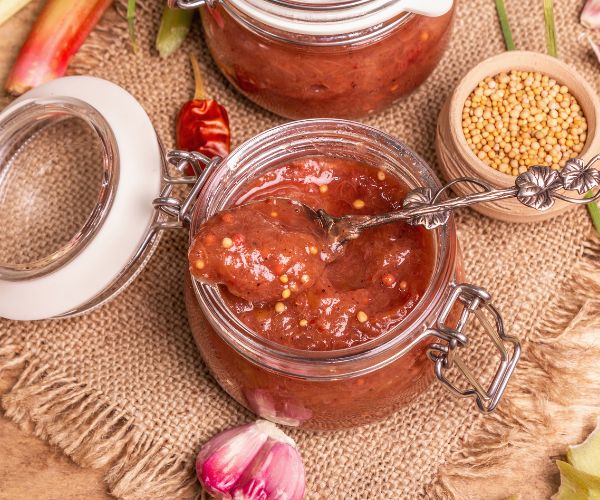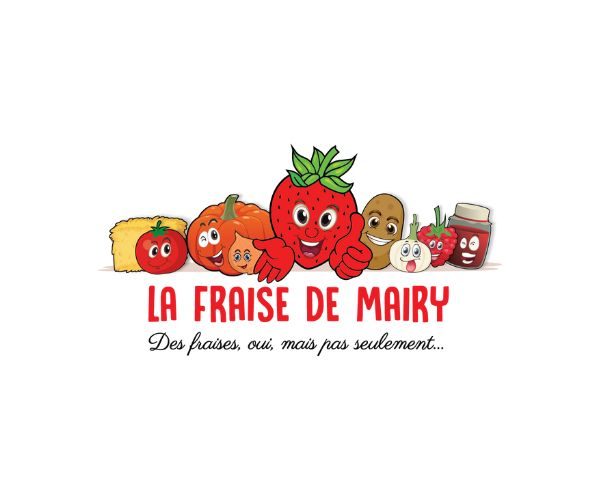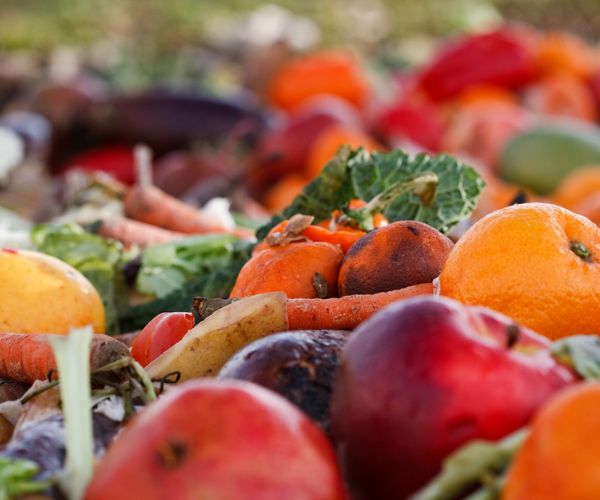Preservation of product quality and food safety
The DGAl reminds retailers of good practice in the manufacture of canned goods
30
Nov

Published on: 30/11/2023
In a letter sent to on November 9, the French Food Directorate (Direction Générale de l'Alimentation - DGAl) issued a reminder of good practice in the manufacture of canned foods by retail outlets. As an industrial technical center recognized by the DGAl as an expert in the appertization of food products, we share these recommendations (see the full letter).
- in-depth knowledge and advanced technical know-how for the manufacture of canned products in the professional environment. These requirements necessitate participation in specific training courses.
- Investment, particularly in equipment such as an autoclave with calibrated measuring instruments and a time/temperature recorder, and, if necessary, a device to ensure airtight closure of packaging, as well as the involvement of competent bodies to define and validate sterilization schedules, etc.
- A robust scientific validation to use a sterilizing value of less than 3 minutes for a recipe with a pH ≥ 4.5 must be available beforehand. This robust scientific validation must be carried out by an interprofessional body and not by a single producer, and requires the intervention of recognized organizations, as the CTCPA has done for foies gras (VS of 0.6).
- For the operator to monitor the stages identified in the Good Hygiene Practices Guide (GBPH) as critical points, in particular the tight closure of packaging and the strict application of sterilization schedules. It is also essential to carry out stability tests on finished products.
The DGAl reminds us that, given the seriousness of the danger associated with Clostridium botulinum, low-volume production of canned goods does not exempt professionals from implementing these control measures.
Further information :
- Create your own artisanal cannery: everything you need to know (ctcpa.org)
- Autoclave in the food industry: a regulatory update (ctcpa.org)
- Labeling of canned foods: a regulatory update (ctcpa.org)
- Canning training: learning to make preserves (ctcpa.org)
Do you have a question? Please contact us: The CTCPA's agri-food question and answer service






